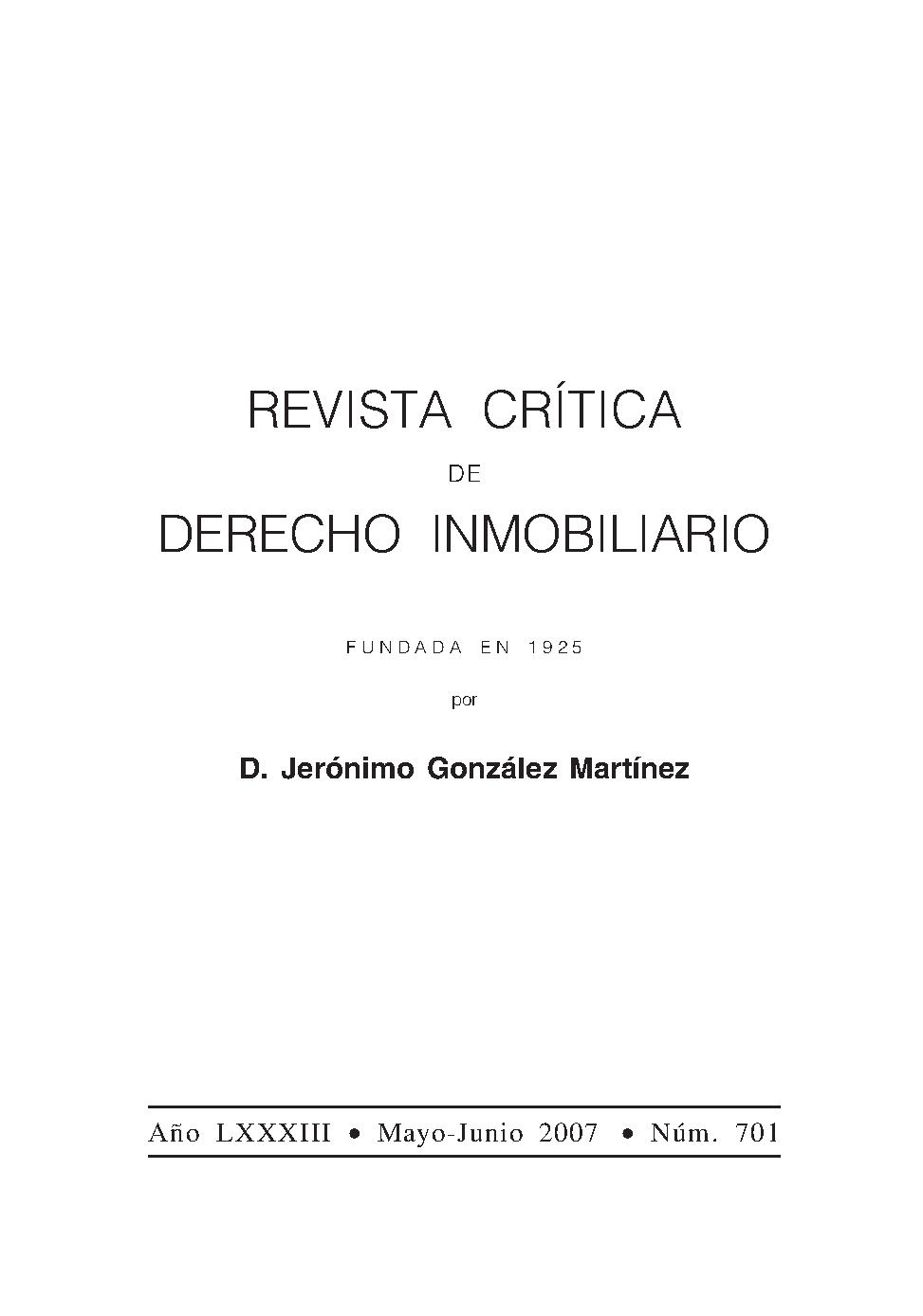QUIEN PERMUTA BUSCA EL CAMBIO DIRECTO DE LOS OBJETOS EN JUEGO MEDIANDO EN EL NEGOCIO UNOS INTERESES Y MOTIVACIONES QUE QUIZÁ NADA TENGAN QUE VER CON EL VALOR REAL O VALOR EN VENTA DE LAS COSAS INTERCAMBIADAS.
Keywords:
SWAPPINGAbstract
In all things not especially addressed in the title on swapping, swapping is governed by the provisions concerning sale. In reality, swapping has the same result as if the swappers had bought the objects at issue in the swap contract: Instead of X buying something from Y and Y purchasing other things from X, X and Y decide to exchange one object for another. The problem generally arises when a person who wants to dispose of something is not interested in the property the other party to the transaction has to offer and prefers the party's money instead, so he can buy whatever he wants later. And even if the first party is interested in the second's property, it is very unlikely that the two things will be similar in exchange value. In that case, the owner of the more expensive thing will most probably agree to take a cheaper thing plus the difference in cash, whereupon arises this doubt: Is this a swap or a purchase? Article 1446 of the Civil Code settles this question by classifying the contract according to the stated intention of the parties, and where the parties' intention is not stated, the transaction is regarded as a swap if the value of the thing given as part of the price is greater than the value of the cash or cash equivalent, and as a sale otherwise. Now, it is perfectly possible (and case-law has so admitted, in the Supreme Court's rulings of 10 February 1978 and 28 February 1997) that the parties may decide to swap even when the value of one thing is not exactly equal to the value of the other. In that case the swap is valid, because, as occurs in sales, general Spanish civil law contains no rule on the initial equivalence of considerations.









